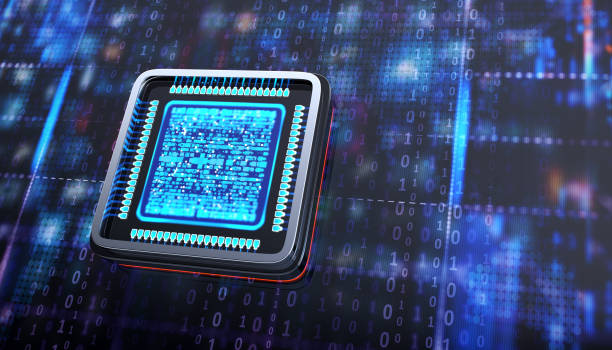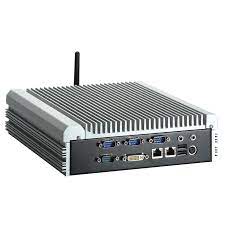In the ever-evolving landscape of technology, embedded computers have emerged as integral components driving innovation across various industries. From Mini PCs to Industrial Rackmount Servers, these compact devices pack a punch in terms of functionality and versatility.
How Embedded Computers Work
Embedded computers are specialized computing devices integrated into larger systems to perform dedicated functions. Unlike traditional computers, they are not standalone units but rather components embedded within a host system. These computers operate in real-time, executing specific tasks with precision. Their architecture is tailored to meet the demands of particular applications, ensuring optimal performance and reliability.
Benefits of Embedded Computers
- Compact Design: Embedded computers are known for their small form factor, making them ideal for space-constrained environments.
- Reliability: Designed for specific tasks, embedded systems boast high reliability and stability in dedicated applications.
- Energy Efficiency: Many embedded computers are optimized for low power consumption, making them suitable for energy-conscious applications.
- Customization: These systems can be tailored to meet specific requirements, providing a level of customization often unavailable in off-the-shelf solutions.
Tips for Selecting Embedded Computers
- Define Application Requirements: Clearly outline the tasks the embedded system will perform to choose a device with the appropriate specifications.
- Consider Environmental Factors: Evaluate the operating conditions, such as temperature and humidity, to ensure the selected embedded computer can withstand the environment.
- Scalability: Opt for systems that allow for scalability, accommodating potential future upgrades or changes in application requirements.
- Lifecycle Support: Choose a supplier or manufacturer that offers long-term support to ensure availability and compatibility over an extended period.
Types of Embedded Computers
- Mini PCs:
- Compact and versatile, Mini PCs are suitable for a range of applications, from digital signage to home automation.
- Panel PCs:
- Equipped with a display, these embedded computers are ideal for human-machine interface (HMI) applications in industrial settings.
- Vehicle PCs or Systems:
- Tailored for automotive applications, these rugged embedded computers power in-vehicle infotainment, navigation, and control systems.
- Industrial Rackmount Servers:
- Designed for industrial environments, these servers offer high computing power and reliability for demanding applications.
- IoT Gateways:
- Facilitating communication between IoT devices and the cloud, IoT Gateways play a crucial role in the Internet of Things ecosystem.
Final Words
Embedded computers are the unsung heroes powering a multitude of applications across industries. Understanding their workings, benefits, and the diverse types available is crucial for making informed decisions.




